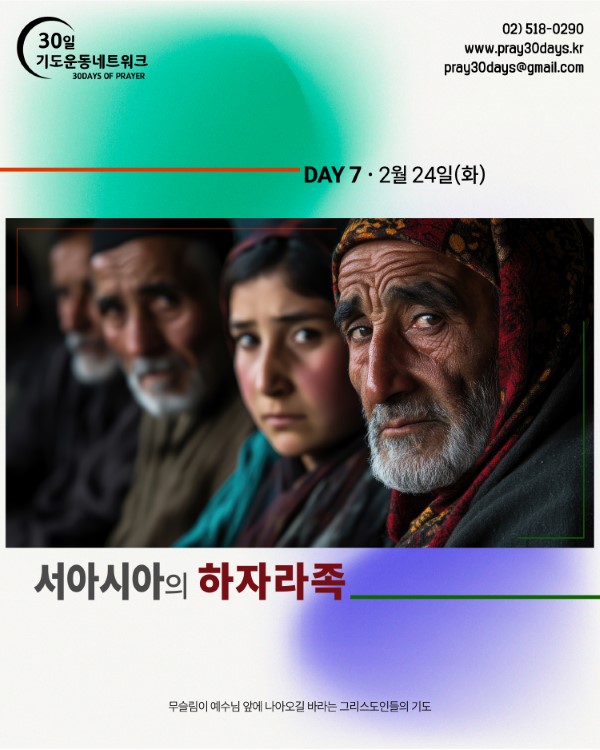“Those who fear him and those who honour his name will be written.”
[Jul.27.2022] The New York Times reported on the 20th (local time) that Argentine authorities have banned the use of gender-neutralized words in schools, which provoked a swift backlash. According to reports, last month, the city government in Buenos Aires banned teachers from using any gender-neutralized words during class and in communications with parents.
The reason was that such use of words violated the rules of the Spanish language and stymied students’ reading comprehension. In Spanish, a gender-identifying article is placed before a noun, and it is separated by ‘o’ (male) or ‘a’ (female) at the end. For example, the Spanish word for ‘friend’ becomes ‘el amigo’ for men and ‘la amiga’ for women.
In the case of a mixed group, when at least one male is included, a masculine form of the noun is used for the plural form. According to the New York Times, there has been a backlash since the 1970s, centered around feminist groups, regarding grammar that used the masculine form in a plural noun for the mixed genders group.
The gender-neutral word generated in this process is to replace the ‘o’, which represents male, with a character independent of gender, such as ‘e’, ‘x’, and ‘@’. In other words, what used to be called amigos become ‘amigues’. However, it is the Buenos Aires authorities’ guidelines to ban the use of ‘e’, ‘x’, and ‘@’ in these words. There are arguments for and against this decision.
Education Minister Jaime Perksik criticized the city’s decision, highlighting the use of gender-neutral language as a tool to combat sexist attitudes that are prevalent in Argentine culture. At least five civic groups have also filed lawsuits against city authorities.
A 17-year-old student who calls himself ‘non-binary’ (a person with a gender identity that is free from the male and female dichotomy) said, “We are all locked up in the same box as a woman or a man. People in between the area don’t seem to be considered.”
On the other hand, some parents and teachers welcomed the city’s decision. “Gender-neutral languages aren’t that inclusive,” said primary school principal Vanina Maria Casali. We have children who have learning difficulties in our school, and this (gender-neutral) language makes it more difficult for them to learn.”
Argentinian neuroscientist Florencia Salvaresa said it is unclear what effect gender-neutraised words have on reading comprehension due to lack of research, but said it could complicate learning and confuse students.
As Argentina has been at the forefront of protecting gay rights, it is so surprising that such a heated debate over gender-neutralized words is happening, the New York Times pointed out. Argentina last year made it possible to choose a third gender “X” on ID cards or allocated 1% of public sector jobs to transgender people.
Controversy over gender-neutralized words is observed not only in Argentina but also in several Spanish-speaking Latin American countries. In December of last year, the Uruguay Department of Education (ANEP) issued guidelines restricting the use of gender-neutralized words, and at least 34 Brazilian provincial governments introduced legislation to restrict the use of gender-neutralised words. (source: Yonhap News).
“You have spoken arrogantly against me,” says the Lord. “Yet you ask, ‘What have we said against you?’” Then those who feared the Lord talked with each other, and the Lord listened and heard. A scroll of remembrance was written in his presence concerning those who feared the Lord and honoured his name. ( Malachi 3:13, 16)
God, may Your mercy be upon Argentina and Latin American countries as some people are trying to resist Your sovereignty over languages by applying gender neutrality to their languages. May You raise the churches in Argentina to fight against Satan and its evil intention to confuse society and to promote homosexuality. May Your name be honoured and glorified in the nations that the next generation in Latin America will grow healthy in Your creation order and protection.
Prayer 24·365
prayer@prayer24365.org







